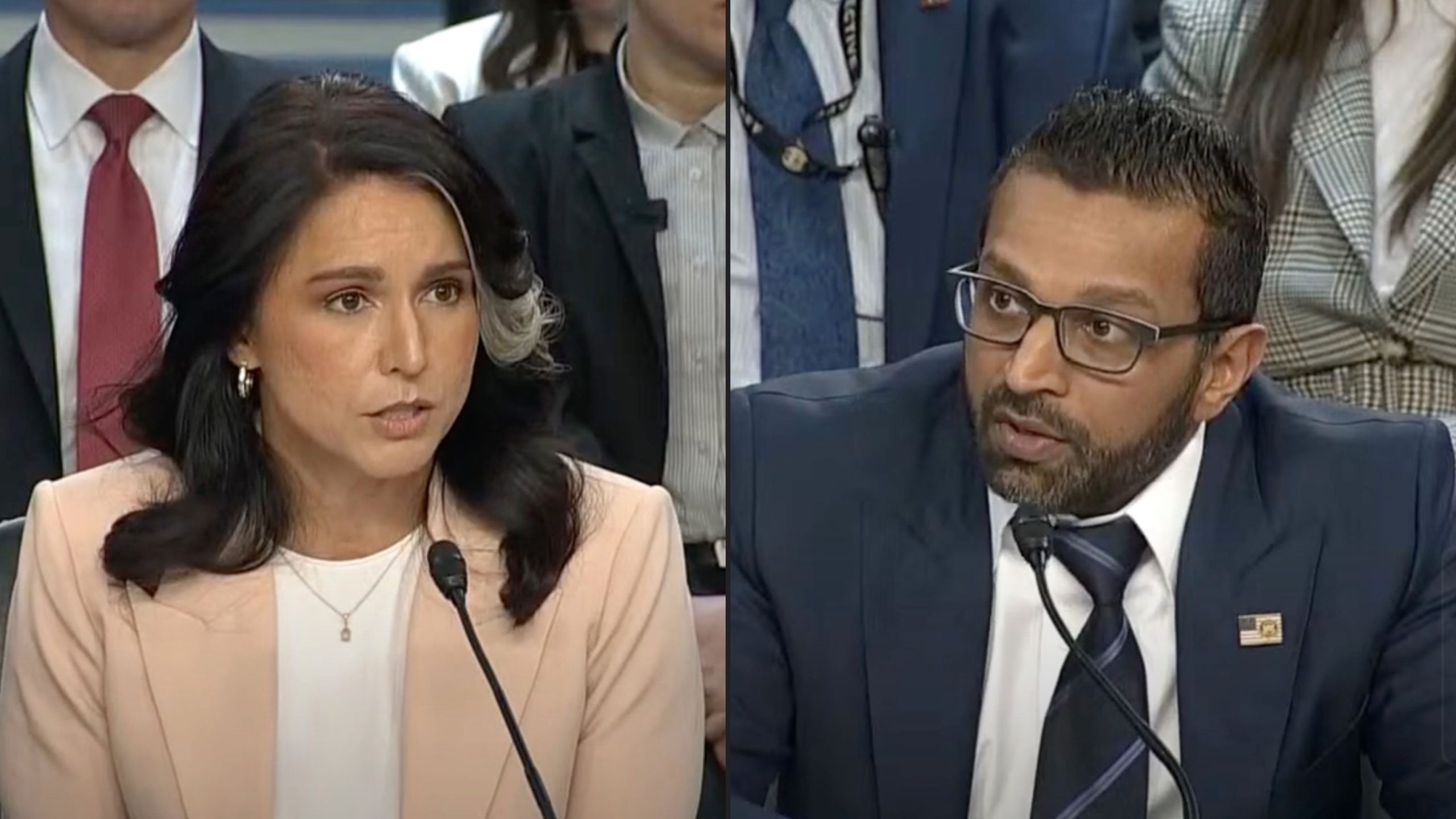US Director of National Intelligence Tulsi Gabbard and FBI Director Kash Patel appeared before Congress this week to strongly defend Section 702 of the Foreign Intelligence Surveillance Act (FISA), a warrantless surveillance authority that has long been a lightning rod for civil liberties concerns.
The two intelligence leaders praised the utility of the law in preventing national security threats, while asserting that recent reforms have strengthened protections for Americans’ privacy rights. But the endorsement comes amid persistent public skepticism about government surveillance powers, fueled by FISA’s checkered history and its potential impact on the Fourth Amendment.
“Section 702, which authorizes the foreign collection of non-US persons outside of the United States, continues to be one of our most effective collection tools to ensure our national security,” said Gabbard during a Senate Intelligence Committee hearing. “There are a number of reforms that the Senate passed, that Congress passed last year that have proven to strengthen the protections of Americans’ Fourth Amendment rights.”
Gabbard pointed to a recent example in which the secretive FISA Court brought in amici curiae — outside legal experts — to weigh in on a privacy dispute, calling it a sign that the reforms are taking root. She added that she plans to visit the NSA for a “ride-along” to see firsthand how those reforms are being implemented.
FBI Director Patel echoed Gabbard’s support while acknowledging the controversial nature of surveillance powers.
“We need to both ardently defend its use, but also ardently support reforms that allow the American public to entrust that those charged with those capabilities are not violating the Fourth Amendment,” Patel said. He noted that he has already introduced changes to internal FBI protocols to ensure that exculpatory evidence related to US persons is thoroughly reviewed when applying for surveillance under Title I and Title III of FISA.
Turning to Section 702 specifically, Patel stated: “Some of the biggest enterprise efforts we have had to thwart national security risk would not have occurred if 702 collection had gone dark. And the FBI continues to use that information to protect the homeland.”
“We’ve had multiple takedowns in the last six months based on 702 and interagency collection processes,” he added. “But we just need to ensure the American public, and I’m working with my team, that even in the 702 sphere, American citizens’ information is protected.”
Senator Ted Budd (R-NC), who initiated the exchange, acknowledged the value of the tool but underscored the need to restore public trust. “We need to rebuild [the] American people’s trust and confidence that such authorities are not being misused by the intelligence community to unlawfully target Americans,” he said.
A History of Controversy
First enacted in 1978 following the Watergate scandal, FISA was intended to provide a legal framework for the surveillance of foreign intelligence targets. Section 702, added in 2008, allows US agencies to collect communications of foreign nationals located outside the country — without a warrant — even when those communications pass through American infrastructure or incidentally involve US citizens.
Critics have long argued that the law has effectively become a backdoor for domestic surveillance, enabling the collection of Americans’ data without a warrant or adequate oversight. In recent years, both the FBI and NSA have come under fire for improperly querying US persons’ data, including thousands of instances of non-compliant searches documented by the FISA Court.
Civil liberties advocates, including the ACLU and Electronic Frontier Foundation, have long called for major reforms or even the repeal of Section 702. They argue that the program is fundamentally incompatible with the Fourth Amendment’s protections against unreasonable searches and seizures.
While the 2024 renewal of the law included some new safeguards, many say the changes don’t go far enough — and in some cases, expand the program’s reach. Under the updated provisions, more US companies are now required to assist with surveillance by providing access to their networks, including phone systems and Wi-Fi routers.
Despite this, the intelligence community maintains that 702 is vital. Gabbard described it as essential to preventing threats, while Patel insisted that national security efforts would be severely hampered without it.





















